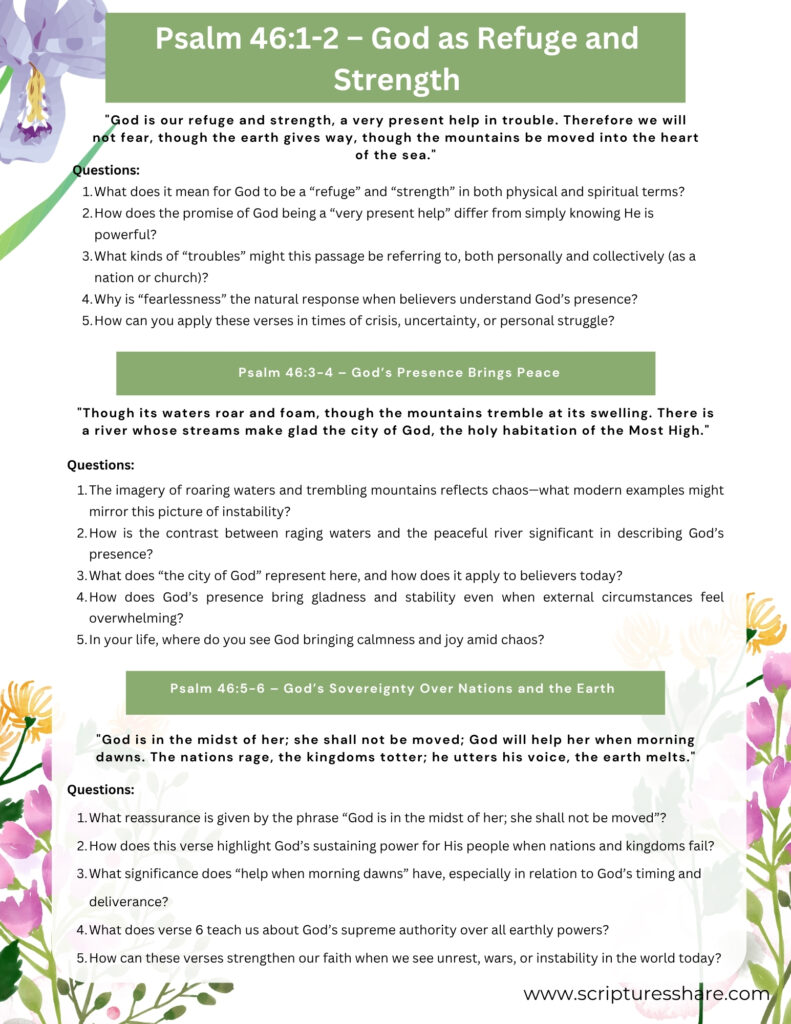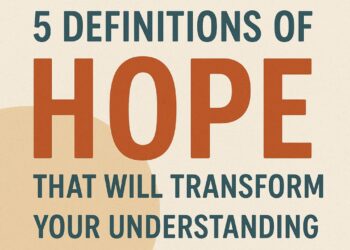No products in the cart.
What Do Christians Really Think About Other Religions?
This post contains paid and/or affiliate links. I make a small commission at no extra cost to you. Please see our Privacy Policy.
What do Christians actually think about other faiths? Here’s the honest answer.
The Bottom Line
Most Christians believe Jesus is the only way to God. But here’s what that doesn’t mean: it doesn’t mean we disrespect other religions or look down on people who believe differently.
Think of it this way – if you genuinely believe you’ve found the cure for cancer, wouldn’t you want to share it? That’s how many Christians feel about their faith. It’s not arrogance; it’s love.
What Makes Christianity Different?
Salvation is Free: Unlike other religions that emphasize earning your way to heaven through good deeds, Christianity says it’s a gift. You can’t work for it.
The Trinity: Christians believe God exists as Father, Son, and Holy Spirit – three persons, one God. This concept doesn’t exist in other faiths.
Jesus is Central: Other religions might see Jesus as a good teacher or prophet. Christians believe he’s literally God who became human to save us.
The Love Factor Changes Everything
Here’s where it gets interesting. Jesus commanded Christians to “love your neighbor as yourself.” No exceptions. No fine print.
This means:
- Respecting people of all faiths
- Building genuine friendships across religious lines
- Working together on shared concerns like poverty and injustice
- Listening before speaking
Real Examples of Christians and Other Religions
In Practice: Christian organizations regularly partner with Muslim groups to feed the hungry, work with Jewish communities on social justice issues, and learn meditation practices from Buddhist traditions.
In Conversation: Good interfaith dialogue isn’t about converting anyone. It’s about understanding each other better while being honest about what you believe.
Different Christian Approaches
Open Christians love finding common ground and learning from other traditions.
Traditional Christians focus more on sharing the Gospel but still treat others with respect.
Most Christians fall somewhere in the middle – firm in their beliefs, kind in their relationships.

Why This Matters Today
Our world is more connected than ever. Your neighbors, coworkers, and friends might be Hindu, Muslim, Buddhist, Jewish, or follow other faiths. Christians need to know how to build bridges without compromising their beliefs.
Common Myths Busted
Myth: “Christians think all other religions are wrong about everything.” Reality: Christians can appreciate wisdom and moral teachings in other faiths while believing Jesus offers something unique.
Myth: “Christians can’t be real friends with non-Christians.” Reality: Some of the strongest friendships cross religious lines when built on mutual respect.
Myth: “Talking with other religions weakens your faith.” Reality: Honest dialogue usually strengthens what you believe by making you think deeper about why you believe it.
The Practical Stuff
How to Have Good Interfaith Conversations:
- Ask genuine questions about their faith
- Share your own beliefs when asked
- Find values you both care about
- Don’t make every conversation about religion
- Build the friendship first
What Christians Believe About Other Religions:
- Other faiths contain sincere, good people
- Religious freedom matters for everyone
- Dialogue and cooperation benefit society
- Truth claims can be discussed respectfully
- Love should guide all interactions

Looking Forward
Christianity’s relationship with other religions isn’t going anywhere. As the world gets smaller and more diverse, Christians will continue wrestling with how to stay true to their beliefs while loving their neighbors well.
The best approach? Hold your convictions firmly but your relationships gently. Believe Jesus is the way to God while treating everyone with the respect they deserve as fellow humans.
That’s not just good Christianity – it’s good for everyone.
Want to understand more? Try having a respectful conversation with someone from a different faith tradition. You might be surprised by what you learn about both their beliefs and your own.
















